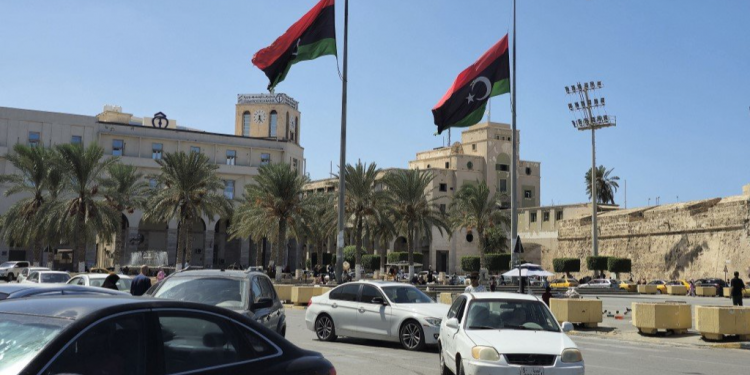Libyan Minister of State for the Prime Minister and Cabinet Affairs, Adel Jumaa, survived an assassination attempt on Wednesday morning while traveling in his car on a highway in Tripoli.
The Government of National Unity condemned the attack, confirming in a statement that the minister’s health is stable. Security forces have launched an investigation to apprehend the perpetrators.
In response to the persistent security threats in the capital, the government had previously approved a security plan to restore order by deploying official police forces. However, instability continues to plague the region, prompting Libyan human rights organizations to call for immediate action to end the chaos affecting multiple cities.
A United Nations Security Council report recently revealed that armed groups in Libya have gained significant control over state institutions.
The report identified five major armed factions that have systematically violated international humanitarian and human rights laws, engaging in arbitrary detention, murder, torture, and destruction of civilian property, particularly in Benghazi and Tripoli.
Since the overthrow of Muammar Gaddafi in 2011, Libya has remained in a state of political and security turmoil. The country is currently governed by two rival administrations: one in Tripoli, internationally recognized and led by Abdul Hamid Dbeibeh, and the other in the east, led by Osama Hammad and backed by the parliament and General Khalifa Haftar.









